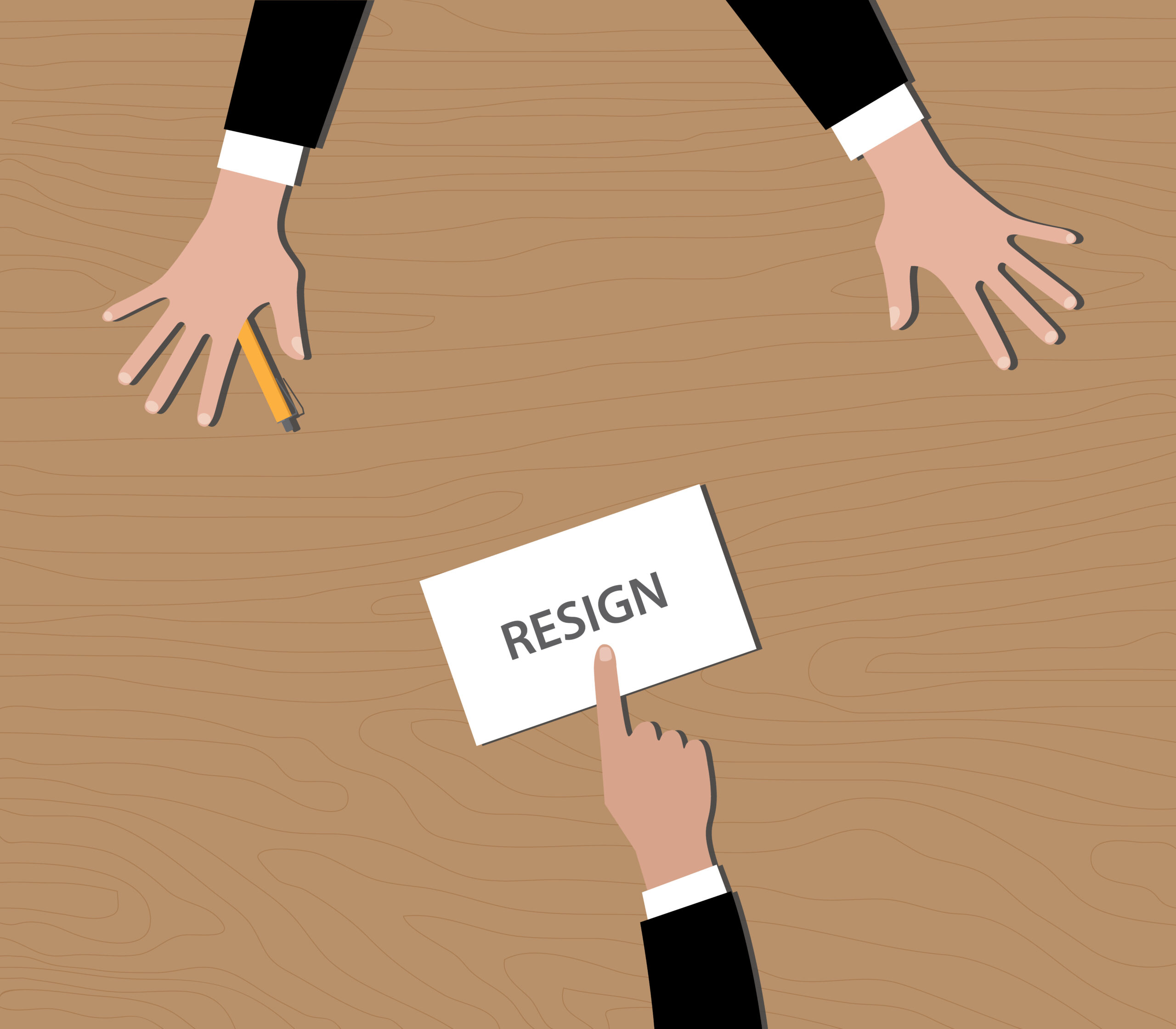Key Takeaways
- Mapping out an exit strategy to become a freelancer takes time
- Yet resigning too soon from a full-time job with benefits may not be the best way to exit
- Two weeks notice is the standard for a reason
If you’re a U.S.-based employee, how much notice should you give before officially leaving your full-time job? It depends on your company’s policy, but in most cases two weeks is sufficient. Yet many communications pros feel the need to give more than two weeks’ notice. Let’s explore this.
Standard Notice
As much as we want to believe our day-to-day teams will be hobbled without us, the reality is that everybody is replaceable. It’s not that your contributions weren’t valuable and won’t be missed, it’s just that business needs to move forward and staying longer than two weeks is usually counter-productive for the organization.
Sure, we read news briefs all the time about executives announcing that they’re leaving their posts in three to six months, but those are usually the leaders of multi-million or billion dollar corporations. They’re the exception, not the rule.
There are also plenty of examples of communications pros staying longer than two weeks and the employer being grateful for a smooth transition. In general, however, two weeks notice is usually the right amount of time.
Why you shouldn't overstay
Consider what happens once you do give your notice. It’s awkward and freeing at the same time. Then you sit on pins and needles waiting for your manager to inform the rest of your team. From your colleagues, you might get a few emails, definitely some phone calls, and the next thing you know people are stopping by your desk to talk about it.
Many colleagues will wish you well. Some will share their unsolicited and brutally honest views about the company and the next step in their careers. Others will ignore you. There’s a high potential for little work getting done on the day you give notice.
Once the news of your departure is no longer fresh, you’re removed from distribution lists, excused from conference calls and your to-do list dwindles as you transition out of the company. That idle time, mixed with the potential of disgruntled employees sharing their views on the company, can open the door to conversations that aren’t productive.

Given all of these factors, there’s no reason to stay longer than two weeks to wrap things up and provide detailed notes for your team to carry on your projects. If your finances dictate that you can’t leave your job for several months, then don’t resign until two weeks before that date.
Know your company’s policies on departures

Before you officially give your notice – verbally with a written confirmation including your final date of employment – re-read the company’s employee handbook on terminations and resignations. Take note of whether you work in a state where you are an employee at will. This allows your employer to let you go the day that you give notice yet still pay you for the final two weeks. It’s important to be aware of your employer’s policies so you can mentally prepare if you’re escorted out the day you resign.
And it’s always a good idea to leave your full-time job in a professional matter, no matter how many views those dramatic resignation videos get online.
Can Your Current Employer be Your Next Client?
If you’re thinking about soliciting your soon-to-be former employer as a client, don’t. At least not when you’re giving notice. Many freelancers do win former employers as clients and it can be an ideal situation. Though these arrangements usually come after the employee has been gone for awhile and/or if the company approaches the freelancer with the opportunity, not the reverse.
*Information based on research and insight from the Society of Human Resources Management (SHRM). As with all situations related to employment law, seek expert counsel to address your specific needs.



